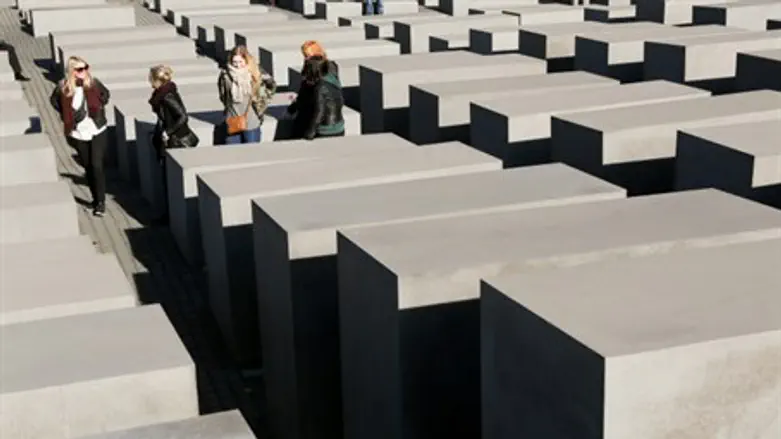
Nearly a dozen “long-lost, rarely seen” Soviet films and scores of screenplays that were never produced about the persecution of Jews during World War II have been revived and are featured in “The Phantom Holocaust: Soviet Cinema and Jewish Catastrophe,” a new book released by Rutgers University Press this week.
“Those films have been pretty much just erased from history, really,” said the book’s author, Olga Gershenson, an associate professor of Judaic and Near Eastern Studies at the University of Massachusetts Amherst, in an interview with RIA Novosti.
Gershenson said that “basically half of all the Holocaust victims, nearly three million people, were murdered on the territory of the Soviet Union and it’s just not part of the popular public imagination. It’s just completely off the radar… people don’t think about what happened in the Soviet Union.”
While the history of the death camps in Germany and Poland is well-documented in historical films and books, what happened in the Soviet territories was sometimes called the “Holocaust by bullets,” where Jewish people were simply executed on the spot, she added.
The films were banned in the Soviet Union and screenplays that depicted the Jewish fate during World War II were denied permission for production. Soviet Holocaust filmmakers were treated with cruelty, said Gershenson.
“Commissar,” a film made by Aleksandr Askoldov in 1967, was officially banned for its overt sympathy for Jews, and only released in 1988.
“It was meant to be destroyed at the studio and the editor of the film, at night, carried out the film stock literally under her skirt. Askoldov met her at night and the box with the film stock with all the scenes sat under his bed for 20 years so it’s only thanks to this historic woman that we even have the full film,” said Gershenson.
All these years later, she told RIA Novosti, most of the filmmakers still living are in their 80s and 90s now. They had long given up hope of ever seeing the films made public, and were “overjoyed” to learn about her work.
Gershenson said that the filmmakers and screenwriters “are unsung heroes. It’s remarkable to try and make a film that you pretty much know will bring you nothing but trouble. They are heroes. Their professional life and sometimes their personal lives were destroyed for this, so I think we owe them their due.”